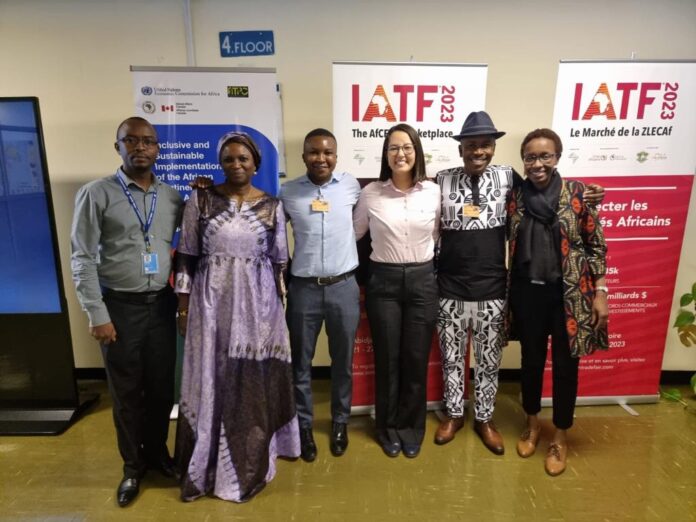In an effort to improve healthcare systems and access to quality medicine across Africa, Kamogelo Mampane, in collaboration with the African Resource Centre (ARC) and the United Nations Economic Commission for Africa (UNECA), has initiated a game-changing project. This initiative aims to pool procurement for medicine, and its potential positive impact cannot be overstated. It has the potential to not only change the lives and health outcomes of Africans but also transform the continent’s Economic trajectory.
The project involves pooling the procurement of medicine in order to leverage economies of scale and negotiate better prices from pharmaceutical manufacturers. This process aims to support local manufacturing and logistics, improve the total cost of ownership, and enhance the overall quality of medicine available in African markets. By consolidating the purchasing power of multiple countries, this initiative is positioned to create a robust market that can effectively negotiate favourable terms with pharmaceutical companies.
One of the most significant benefits of this project is that it will increase access to good quality medicine for Africa’s most vulnerable populations — the poorest of the poor. Historically, high pharmaceutical costs, coupled with limited resources and fragmented procurement practices across the Continent, have hindered equitable access to medicine. By adopting a pool procurement approach, the project aims to address this challenge and ensure that essential medicines are available and affordable for those who need them the most
Moreover, the initiative will catalyze the growth of local manufacturing capacities in Africa. Currently, the Continent heavily relies on importing medication, which increases costs and limits availability. By creating a standardized and streamlined procurement system, the project will incentivize the establishment of local pharmaceutical manufacturing, reducing Africa’s dependence on imports and fostering economic growth and job creation.
The positive impact of pool procurement on the entire value chain of medicine cannot be underestimated. By negotiating more favorable prices, the cost of medicine will decrease significantly. Lower costs will enable governments and healthcare systems to allocate resources towards expanding healthcare infrastructure, training healthcare professionals, and providing better overall care for patients. The advantages of affordable and accessible medicine will ripple throughout societies, improving health outcomes, reducing morbidity and mortality rates, and enhancing overall well-being.
By promoting collaboration and harmonization between African countries, this project seeks to address the fragmented procurement practices that have hindered progress in the past. By pooling resources, expertise, and knowledge, the initiative can facilitate the sharing of best practices, promote standardization of procurement processes, and ultimately create a strong and unified procurement system across the continent. This will not only enhance efficiency and reduce costs, but also foster trust and cooperation among African nations, setting the stage for future collaborative efforts in various other sectors like transport and logistics.
The significance of Africa Resource Centre role in driving this project forward cannot be overlooked. As the leading force behind this, Kamogelo Mampane and Mariatou Tala vision and determination have been instrumental in convincing key stakeholders of the potential benefits. Their ability to build partnerships and best practices supply chain tools has allowed for the necessary skills and expertise to be harnessed, creating a strong foundation for successful implementation.
In conclusion, the collaboration between ARC and UNECA to implement pool procurement for medicine in Africa has the potential to revolutionize healthcare across the continent. By changing the economic trajectory of Africans, supporting local manufacturing, improving the total cost of ownership and quality of medicine, and increasing access to good quality medicine for the poorest of the poor, this project will have far-reaching positive impacts. It is not merely a procurement strategy but a catalyst for transformation, empowering Africans to achieve better health outcomes and ultimately improve their quality of life.



